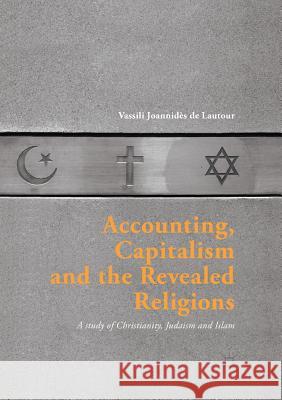Accounting, Capitalism and the Revealed Religions: A Study of Christianity, Judaism and Islam » książka
topmenu
Accounting, Capitalism and the Revealed Religions: A Study of Christianity, Judaism and Islam
ISBN-13: 9783319812595 / Angielski / Miękka / 2018 / 174 str.
Accounting, Capitalism and the Revealed Religions: A Study of Christianity, Judaism and Islam
ISBN-13: 9783319812595 / Angielski / Miękka / 2018 / 174 str.
cena 422,11 zł
(netto: 402,01 VAT: 5%)
Najniższa cena z 30 dni: 421,13 zł
(netto: 402,01 VAT: 5%)
Najniższa cena z 30 dni: 421,13 zł
Termin realizacji zamówienia:
ok. 20 dni roboczych.
ok. 20 dni roboczych.
Darmowa dostawa!
Kategorie:
Kategorie BISAC:
Wydawca:
Palgrave MacMillan
Język:
Angielski
ISBN-13:
9783319812595
Rok wydania:
2018
Wydanie:
Softcover Repri
Ilość stron:
174
Waga:
0.23 kg
Wymiary:
21.01 x 14.81 x 1.02
Oprawa:
Miękka
Wolumenów:
01
Dodatkowe informacje:
Wydanie ilustrowane











